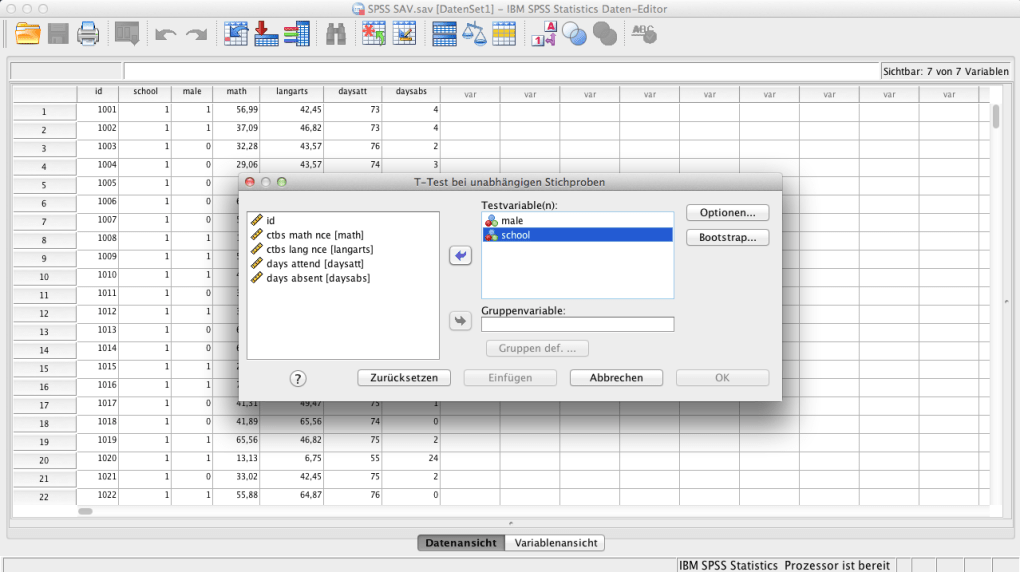

Only a subset of exogenous bacteria manages to colonize animal or human gut microbiota depending on their colonization ability. Colonization is a crucial step of MDR pathogen transmission from the environment toward humans. In particular, plasmid-carrying bacteria represents a very common form of multidrug-resistant (MDR) pathogen and they are extremely prevalent in both clinical and environmental settings. Antibiotic-resistant bacteria can spread across humans, animals, and the environment. Collectively, these findings demonstrated that evolutionary adaptation of plasmid-carrying bacteria in an antibiotic-influenced environment facilitated colonization of the murine gut by the bacteria and plasmids.Īntimicrobial resistance (AMR) has been recognized as a critical global-health crisis that will cause a predicted 10 million deaths by 2050 if no action is taken now. Furthermore, several chromosomal genes encoding efflux pumps (acriflavine resistance proteins A and B ( acrA, acrB), outer-membrane protein ( tolC), multidrug-resistance protein ( mdtM), and macrolide export proteins A and B ( macA, macB)) were transcriptionally upregulated, while most plasmid-harboring genes (conjugal transfer protein ( traF) and ( trbB), replication protein gene ( trfA), beta-lactamase TEM precursor ( bla TEM), aminoglycoside 3'-phosphotransferase ( aphA) and tetracycline resistance protein A ( tetA)) were downregulated. The gene tnaA that encodes a tryptophanase-catalyzing indole formation was transcriptionally upregulated, and increased indole products participated in facilitating the maximum population density of the evolved strains. The upregulated transcriptional genes, e.g., type 1 fimbrial-protein pilus ( fimA and fimH) and the surface adhesin gene ( flu) were likely responsible for the enhanced biofilm-forming capacity. The evolved plasmid-carrying bacteria exhibited phenotypic alterations, including multidrug resistance, enhanced bacterial growth and biofilm formation capability and decreased plasmid fitness cost, which might be jointly caused by chromosomal mutations (SNPs in rpoC, proQ, and hcaT) and transcriptional modifications. We found that the evolutionary adaptation of plasmid-carrying bacteria to antibiotic exposure facilitated colonization of the murine gut and subsequent plasmid transfer to gut bacteria. Herein, we combined a long-term evolutionary model based on Escherichia coli K-12 MG1655 and the multidrug-resistant plasmid RP4 with in vivo colonization experiments in mice. However, little is known whether evolutionary adaptation of plasmid-carrying bacteria after long-term antibiotic exposure could affect their subsequent colonization of the human gut.

Multidrug-resistant plasmid-carrying bacteria are of particular clinical concern as they could transfer antibiotic resistance genes to other bacterial species.


 0 kommentar(er)
0 kommentar(er)
